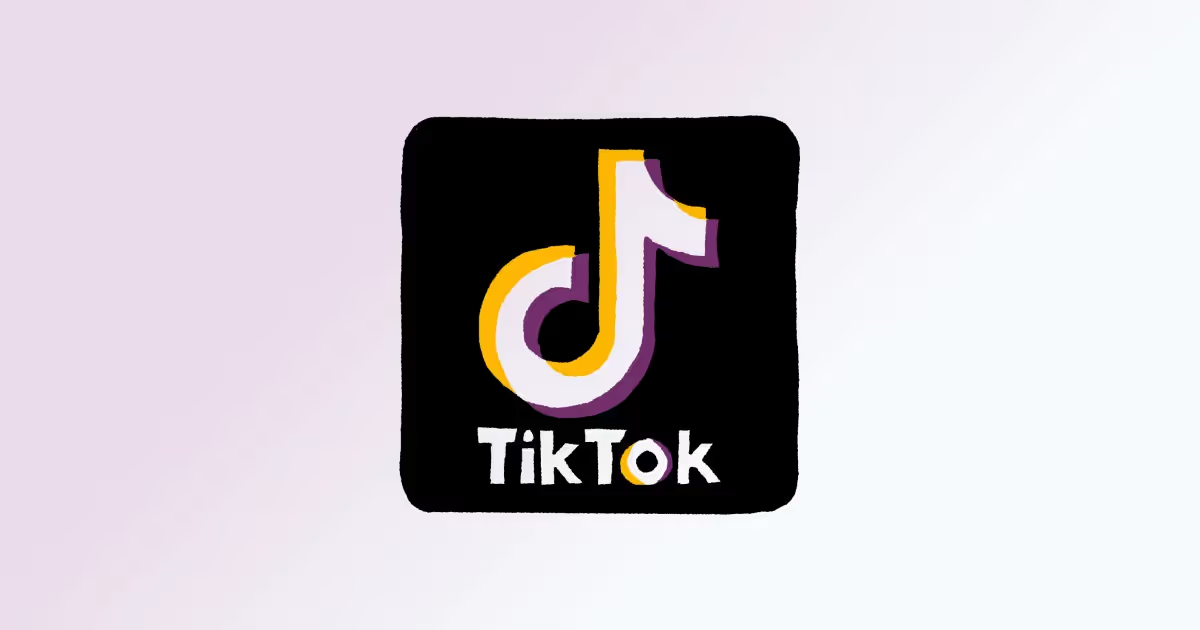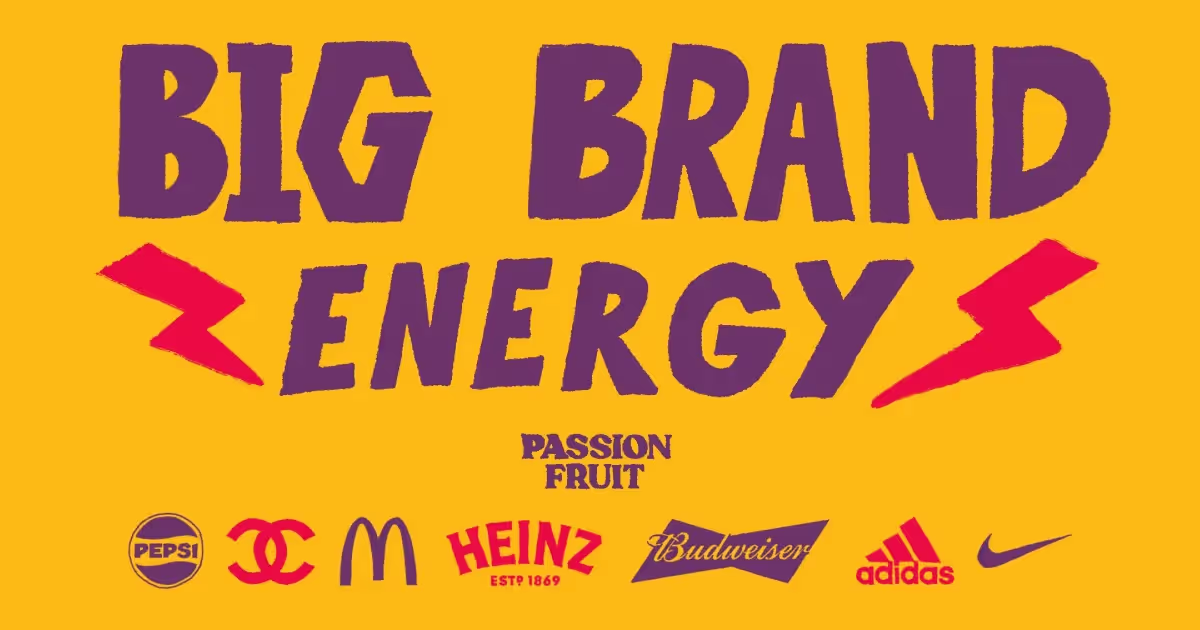In an industry with heavy competition for keywords, paid searches are a must-have.
You can target, you have tracking, but still, your CPC can go through the roof in seconds.
Burning money, with little returns…
To help out, Passionfruit freelancer and Paid Search extraordinaire, John got together 8 crucial points to watch out for when investing in Google ads:
0. Define your audience and goals.
We’re barely even counting this because it should be a given, but before doing anything, you'll need to define what are you looking to achieve. More visitors to your site? More demos? More products sold? This step will help you ensure that all your PPC campaigns are designed and aligned with your brand objectives. When you're clear on your goals, you'll have a better idea of who your target audience is and the steps you need to take to reach them.
1. Start by using a sophisticated Keyword research tool.
Google’s Keyword Planner will give you a few suggestions but for better results, you’ll need to go for third-party solutions: Keywordtool.io can give you up to 700 suggested queries to target. Ubersuggest is another fantastic tool to find unusual queries from your target audience. For a great 100% free alternative head to Wordstream.
2. More tools for competitor Analysis.
When it comes to competitor analysis there are also other more advanced technologies that provide a wider range of metrics, including SpyFu and SEMrush.You can also try AdBeat which shows you where your competitors’ traffic comes from, what customers do within the sites, and where customers go after they leave your website.
3. Here’s a guaranteed quick win:
When your campaign is set, add a whole bunch of search terms that keywords were broadly matching for as negative keywords in the AdWords account to reduce low-quality traffic and unqualified leads.
4. Think about your Call To Actions (CTA)
If you want to drive results you kind of have to tell people what you want them to do when they click on your ad. Sharing a link, making a purchase, booking a demo, whatever it is, you need to include an actionable verb along with time constraints to motivate your visitors to take action. Get creative, but ask yourself:
- Are we too vague?
- Are we click baiting?
- Are we asking for too much here?
If any of those is a yes… time to rewrite them!
5. Everything is ready to go, but timing is key, try ad-scheduling.
Depending on your conversion targets not all times of the day, week, etc. work equally well. If you see a peak in conversions during working hours, and a complete dip after, make sure to prioritize those times in your ads.
6. Automatize!
Automation is forever among the paid search best practices. Plan out the best bidding strategies for different goals, automatically get bids set to reach the highest possible conversions at a set target, or generate dynamic ads based on your website’s content and your users’ behavior.
7. Review your budget…often
It’s very important to take a look at past campaigns and evaluate what worked, and what didn’t pan out so well. Where was the money best spent? Did you use all of the money you planned for your campaigns? Increasing spending on something that works is just as important as not wasting resources on another thing that’s not performing.
That’s it, no more cash burnt on bad campaigns.
John is a Paid Search and SEO Specialist. He works with B2B brands creating excellent Paid Media strategies to help scale businesses and boost revenue.







